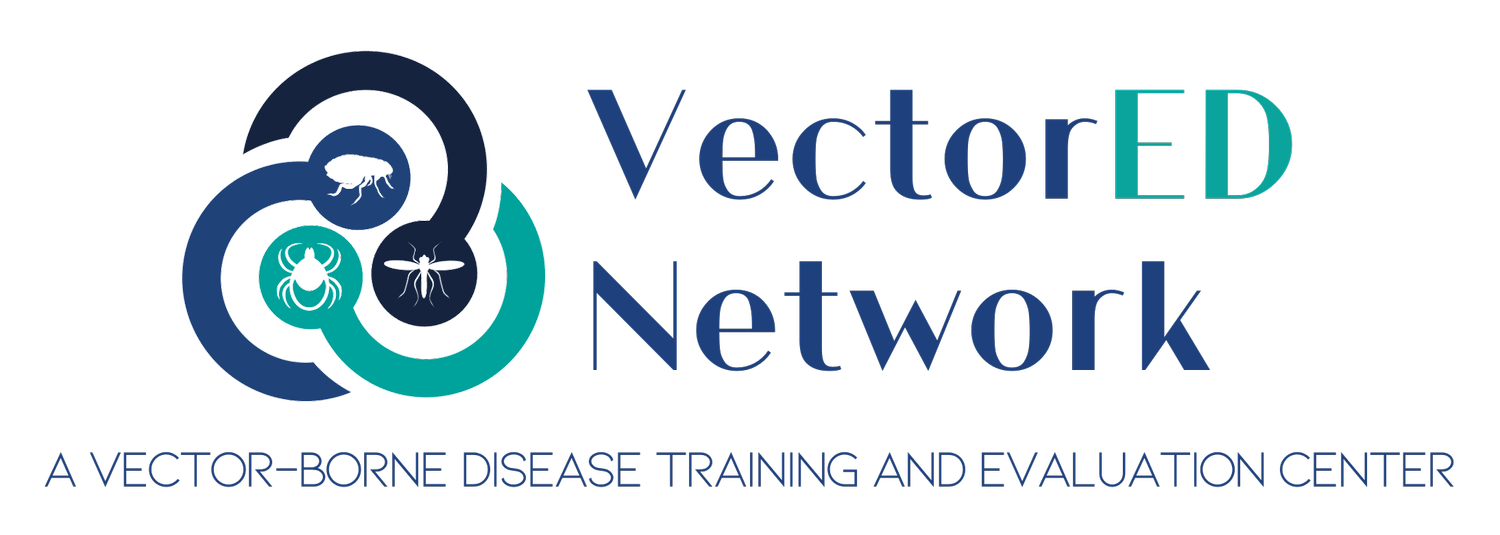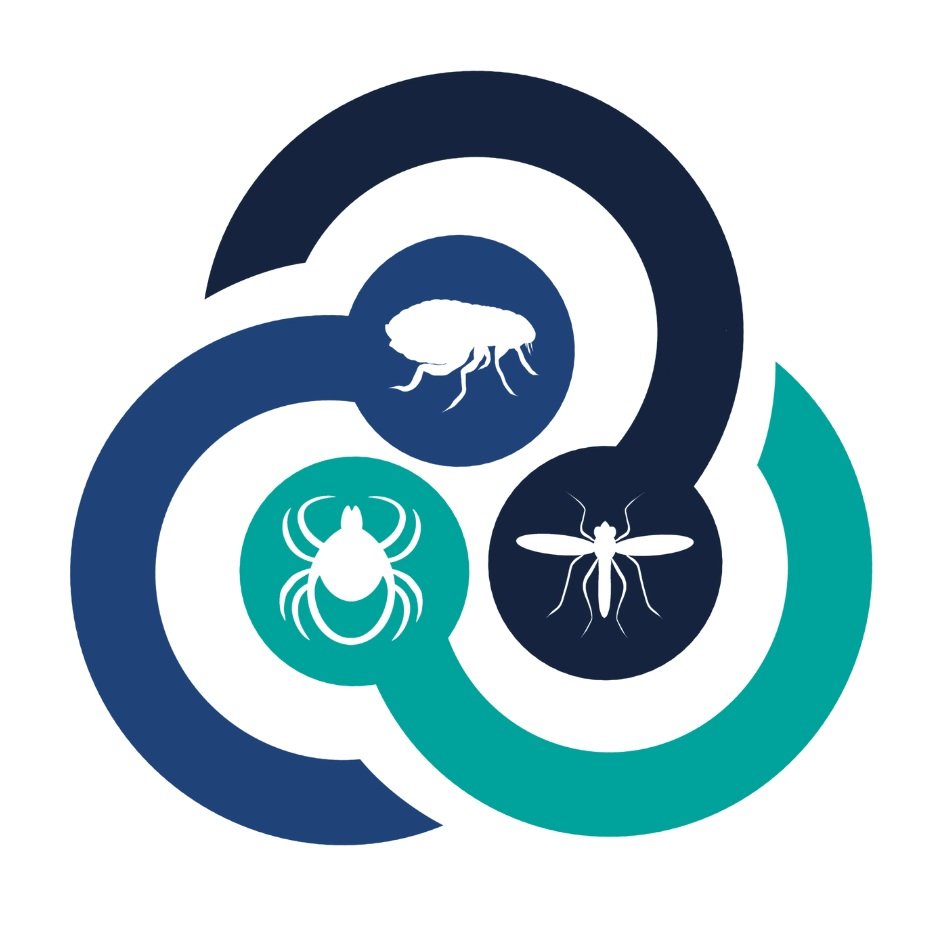
Cooperative Extension
Each Land Grant institution has an Extension service established by the Smith-Lever Act in 1914. Extension institutions provide research-backed, practical information on agriculture, forestry, livestock, and nutrition, among other topics, to the public.
The VectorED Network aims to train and provide Extension educators with information on vector biology, control, and vector-borne disease. We are also working to connect Extension educators with public health agencies, the Centers for Disease Control and Prevention (CDC), and other partners to disseminate vector-borne disease information to a broad audience.
The VectorED Network will utilize Extension’s National Framework for Health Equity to provide training and information based on the needs of the communities reaching out to Extension institutions. This includes engaging with communities to identify barriers to optimal health and delivering culturally sensitive and informal programming to promote equitable well-being
Our Cooperative Extension objectives are:
1 Develop a working group of Extension educators from Land Grant institutions across our region to facilitate communication and information sharing.
2 Gather existing Extension materials related to vectors and vector-borne diseases and develop a comprehensive and searchable database.
3 Distribute needs assessments to Extension educators to determine what resources they and their communities need regarding vectors and vector-borne diseases, and improve information distribution from Extension to public health professionals and other target audiences.
Who does this benefit?
The overall benefit of these objectives is the creation of a well-coordinated and resourceful network of Extension educators that enhances the management of vector-borne diseases. By fostering collaboration, streamlining access to essential resources, and targeting information dissemination based on community needs, this initiative will ensure that educational efforts are more effective and responsive.



